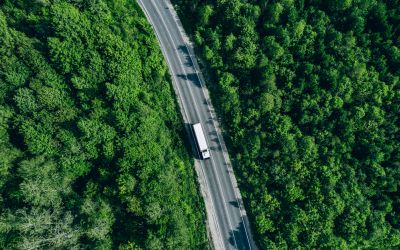Diageo to remove plastic packaging from Guinness multipacks
The makers of Guinness have announced that they will ditch plastic pollution in favour of a circular economy.

The makers of Guinness have announced that they will ditch plastic pollution in favour of a circular economy.
The company has said it is investing £16 million into reducing the amount of plastic used in their packaging. Instead, they are introducing a 100 per cent recyclable and biodegradable cardboard alternative.
This initiative will remove 40 million 50cl plastic bottles from the world, which, if laid out in a row, would total 8,136 kilometres, the same as a journey from London to Beijing.
The new sustainable beer packs will be on shelves in Ireland from August 2019 and will be in the UK from the summer of 2020.
Mark Sandys, Head of Beer, Baileys and Smirnoff, said: “For 260 years Guinness has played a vital role in the communities around us. We already have one of the most sustainable breweries in the world at St. James’s Gate and we are now leading the way in sustainable packaging. This is good news for the brand, for our wider beer portfolio and for the environment.”
The plastic will be removed from the packaging of Diageo’s most well-known brands, including Guinness, Harp and Smithwick’s.
Plastic pollution is a growing global problem with an estimated 12.7 million tonnes of plastic ending up in the ocean each year, and this number is rising. An Environmental Audit Committee report has stated that plastic pollution in the UK is expected to treble in the next ten years.
Diageo already have committed to ensuring all of their plastic packaging is widely recyclable by 2025. They also aim to continue to invest in circular economy opportunities and engage in conversations with governments to accelerate the transition to a zero waste future.
This follows the Danish brewer Carlsberg replacing the plastic rings in their multipacks with recyclable glue. The new ‘Snap Packs’ are proposed to reduce plastic waste globally by more than 1200 tonnes a year which is the equivalent to 60 million plastic bags.
Photograph: Diageo






